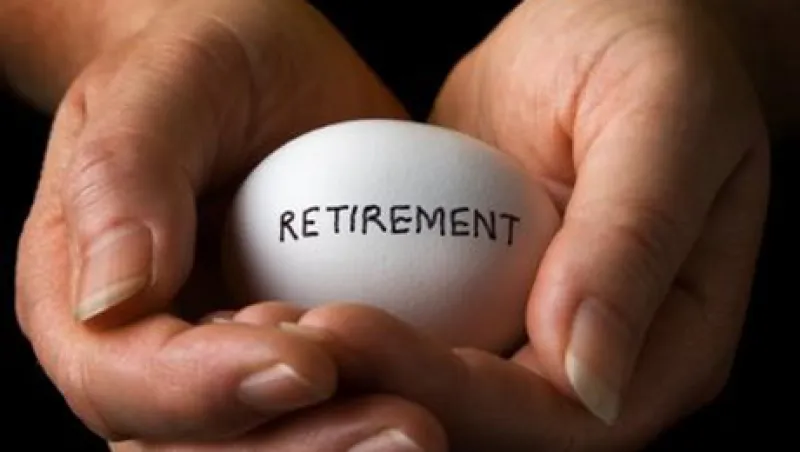
U.S. Ranks Poorly in Global Pension Study
A major study of the world's most prominent pension systems has highlight just how great is the need for pension reform in the U.S., which finished tenth out of the 16 ranked countries.
Katie Gilbert
October 30, 2011


